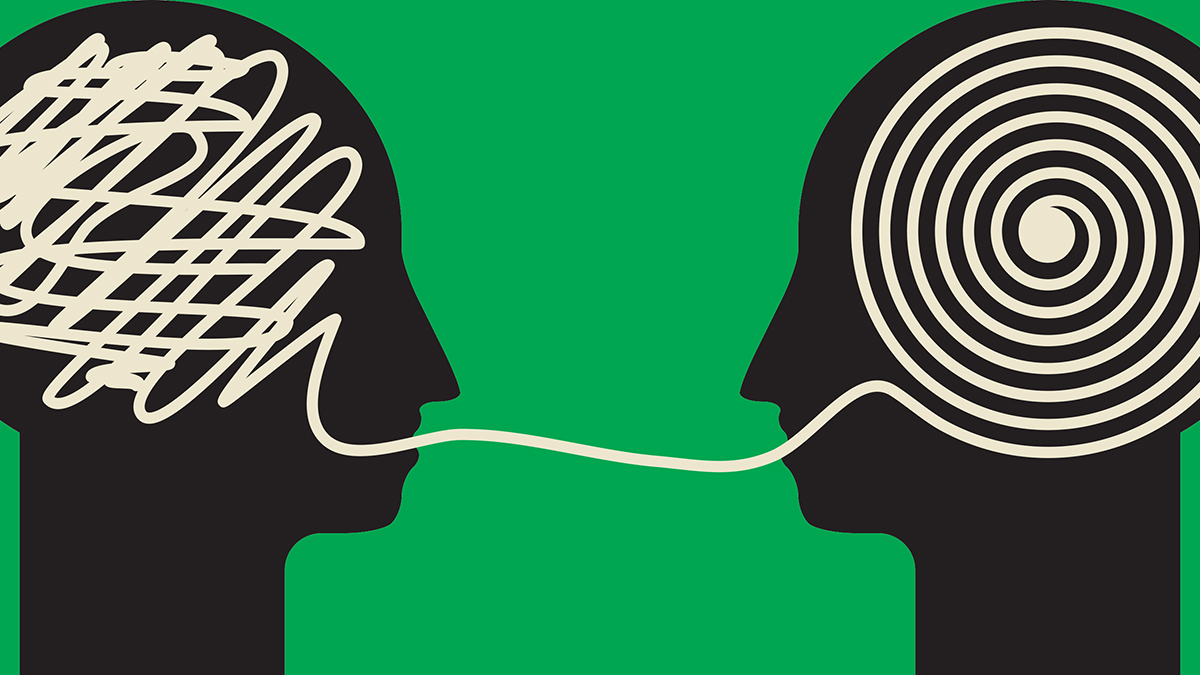Table of Contents
1. Introduction: The Enduring Influence of Science
2. Scientific Breakthroughs That Define the Modern Age
3. The Role of Science in Tackling Global Challenges
4. Science and the Future of Healthcare
5. The Fusion of Science and Technology: Driving Innovation
6. Education and Scientific Literacy for the Next Generation
1. Introduction: The Enduring Influence of Science
Science has been at the heart of human progress for centuries, unlocking the mysteries of the universe while simultaneously improving the quality of everyday life. From understanding the laws of nature to inventing life-saving technologies, science empowers us to question, explore, and innovate. It informs public policy, shapes societal norms, and drives technological development. Whether it’s the smartphone in your pocket or the vaccine in your arm, science touches every aspect of modern existence. In a world increasingly defined by complexity and uncertainty, scientific thinking offers a rational, evidence-based path forward—bridging the past, present, and future in a continuum of discovery and improvement.

2. Scientific Breakthroughs That Define the Modern Age
In the last century alone, science has revolutionized how we live, communicate, and interact with the world. Consider the breakthroughs in physics that led to nuclear energy, or the molecular biology revolution that enabled genetic engineering. The discovery of DNA, the mapping of the human genome, and the development of CRISPR gene-editing technology have opened up new frontiers in medicine and biotechnology. In the digital realm, computer science has birthed the internet, artificial intelligence, and quantum computing. Each advancement doesn’t just stand alone—it builds upon centuries of accumulated knowledge. These breakthroughs are not just academic—they redefine industries, impact global economies, and alter the course of civilization.

3. The Role of Science in Tackling Global Challenges
Today’s most pressing issues—from climate change and pandemics to food insecurity and clean energy—require scientific solutions. Climate science has brought unprecedented awareness to the causes and consequences of global warming, guiding international agreements like the Paris Accord. Epidemiology and virology have been instrumental in understanding and combating infectious diseases, most recently during the COVID-19 pandemic. Agricultural science is pushing the limits of food production to meet the demands of a growing population. Renewable energy technologies, driven by advancements in materials science and engineering, are paving the way toward a more sustainable planet. Science not only diagnoses problems but also designs the tools and frameworks to solve them.

4. Science and the Future of Healthcare
Healthcare is one of the most directly impacted sectors by scientific advancement. From antibiotics and vaccines to robotic surgeries and personalized medicine, science has dramatically improved life expectancy and quality of life. The emergence of precision medicine—tailoring treatment based on a patient’s genetic profile—is revolutionizing how we think about care. AI-powered diagnostics and wearable health devices are enabling earlier detection and more effective monitoring of chronic diseases. Biomedical research continues to explore treatments for once-incurable conditions, such as Alzheimer’s and certain cancers. As science deepens our understanding of the human body and mind, the future of healthcare promises to be more predictive, preventive, and personalized than ever before.

5. The Fusion of Science and Technology: Driving Innovation
Science and technology are deeply intertwined, each fueling the progress of the other. Scientific discovery often leads to new technologies, while technological tools enable deeper scientific inquiry. For instance, the Large Hadron Collider at CERN is not just a technological marvel—it’s a tool for exploring the fundamental building blocks of matter. Similarly, telescopes and satellites extend our reach into the cosmos, providing insights into planetary systems and cosmic origins. In the business world, scientific R&D underpins the development of new products, materials, and processes, from biodegradable plastics to advanced battery technologies. This fusion of science and tech accelerates innovation, enhances competitiveness, and expands the boundaries of what’s possible.

6. Education and Scientific Literacy for the Next Generation
Empowering future generations with scientific knowledge is essential for continued progress. Science education cultivates curiosity, critical thinking, and problem-solving—skills that are invaluable in any career or life path. Encouraging inquiry-based learning and STEM programs at an early age helps nurture a scientifically literate population capable of informed decision-making. Public understanding of science is equally important, especially in an age of misinformation. A society equipped with scientific literacy can better assess evidence, understand risks, and engage in meaningful debate about technology, ethics, and public policy. Education is not merely about content delivery; it is about fostering a mindset of discovery and resilience in a rapidly changing world.




You must be logged in to post a comment.